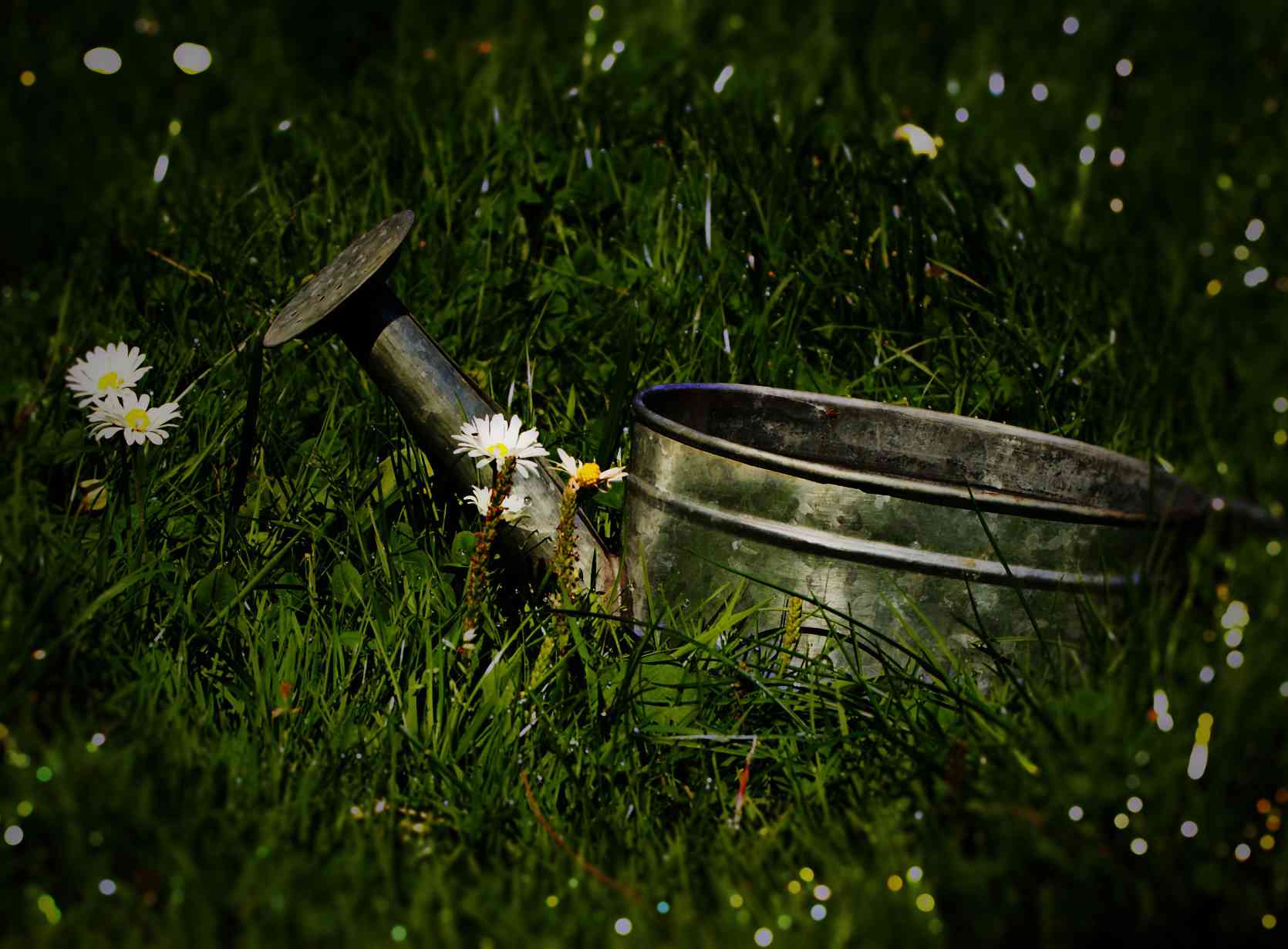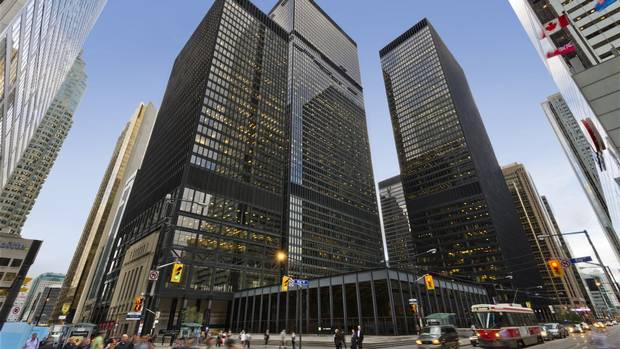
As a society, we create a lot of waste. Some is unavoidable, but with a little thought we can reduce the amount of waste we create, and ensure that our waste removal techniques create the least amount of environmental damage.
Creating less waste through reuse
In ‘Refining your footprint: How to downsize your waste output at home’ we looked at how consumerism is driving waste production. We need to get better at picking products with less packaging, taking our own packaging (starting with bags!) when we go shopping, and repairing rather than replacing products. As consumers we need to be demanding longer lives for appliances, and products that are more easily repairable or recyclable.
Rehoming for waste removal
When we’re done with something, it’s easy to throw it in the trash. But if it’s not broken that product could have a new life with someone else. You could try and sell it – it’s easy to do via auction sites such as eBay. You could also offer it on one of the giveaway sites (such as Freecycle) or post an ad in the Facebook group for your local community. It’s so true that “one man’s trash is another man’s treasure”.
Recycling waste for environmental benefits
It’s easier to recycle now, with regular collections and good guidelines for what can and can’t be recycled. But recycling loads are often contaminated with non-recyclable waste, such as nappies/diapers and food waste, which means the whole load ends up in landfill. We need to be more careful about waste separation, so that more can be recycled (check a site such as RecycleNow for the latest information). And we need to buy more recycled goods, which creates a market for recycled materials.
Composting as waste removal
If you’re not a keen gardener then composting can seem like a hassle, but it plays an important role in eco-friendly waste removal. Composting garden waste and kitchen waste needn’t be a chore, and if you have kids, a worm compost bin can be a great educational experience! At the very least, make sure you separate your food waste and garden waste to be collected for composting, even if you don’t make compost at home.
Waste removal for energy production
Once we’ve been through the loop of reducing the amount of waste we create, reusing and recycling what we can, we’re still left with some waste that’s difficult to deal with. Over time we need to get better at designing products and materials to be recyclable, but in the meantime, using this waste to generate energy is a better option than simply burying it in the ground. Anaerobic digestion plants take care of anything that rots down – turning it into biogas and fertiliser for farms – and industrial incinerators deal with the rest.





Leave a Comment